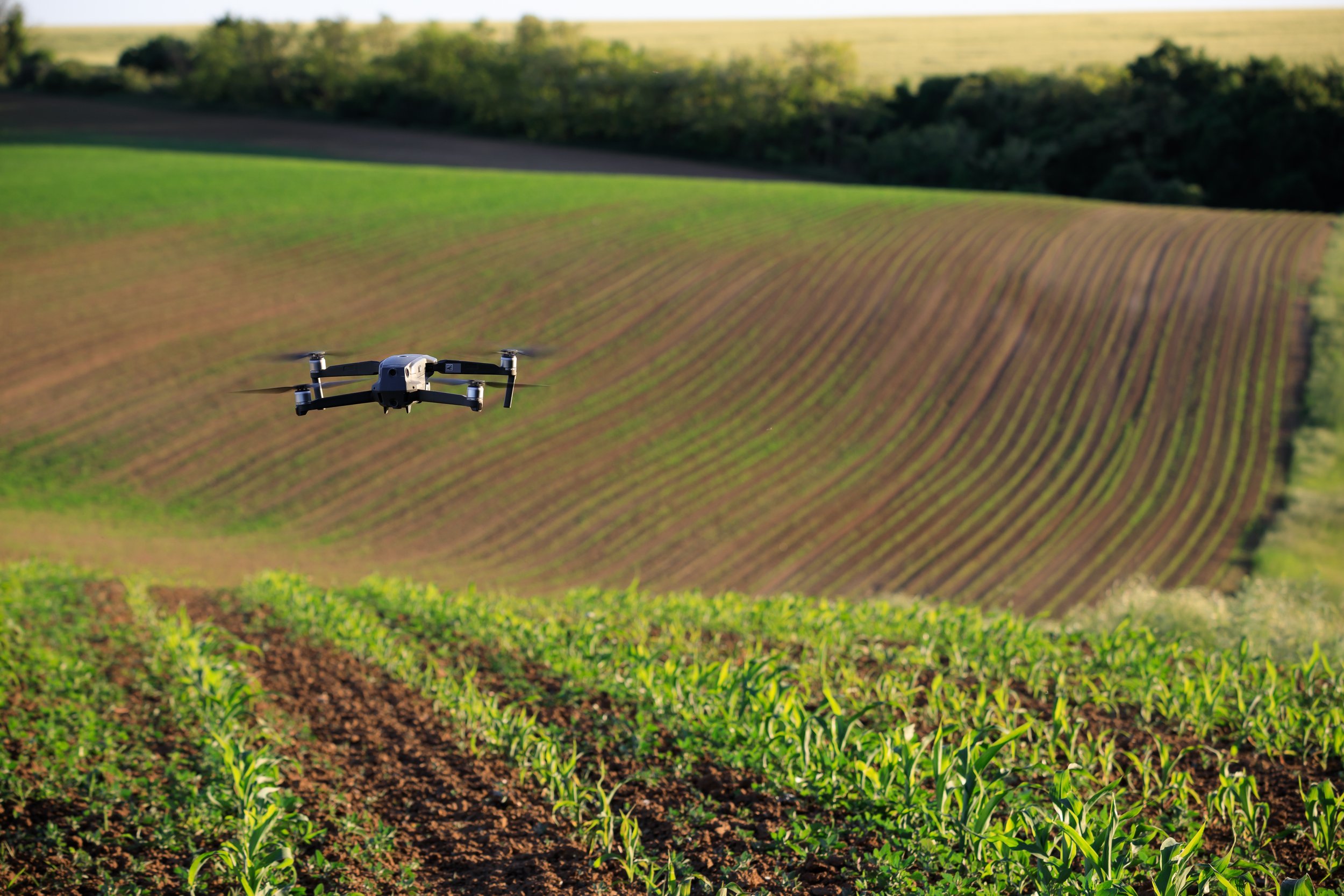Farming in Arid Regions: Innovative Solutions for Sustainable Agriculture
Farming in the world’s driest regions demands resourceful and resilient effort. Nearly 80% of the world’s cultivated land depends on rainfed agriculture, according to UNESCO, and that produces 60% of our global crops. The statistics are clear: even in regions like the Sahara and Great Plains, farming isn’t just possible – it’s essential to feeding the world sustainably.
But farming in arid environments can’t happen without active and rapid innovation. From water-saving irrigation systems to drought-resistant crops, farmers in these areas are finding remarkable ways to make the land productive. At Chelsea Water, we’re proud to provide advanced water purification solutions that help make farming possible, ensuring that even in the harshest conditions, agriculture is feasible for communities.
In arid regions, farmers are adapting to water scarcity with smart, efficient farming techniques.
Water-conserving irrigation in arid regions: maximising every drop
As water scarcity becomes more critical worldwide, efficient irrigation is essential to keep farming sustainable. Drip irrigation, for example, delivers water directly to plant roots, reducing evaporation and runoff. Farmers in Jamaica's Mount Airy district use this method to channel precious rainwater to nearby fields that yield abundant crops – a feat in this drought-hit region.
Other groundbreaking irrigation techniques include:
Smart irrigation systems: Use sensors and weather data to optimise watering schedules.
Subsurface drip irrigation: Delivers water below the soil’s surface, cutting down evaporation even further.
Automated irrigation management: Artificial Intelligence (AI) monitors soil moisture and weather patterns, providing precision water use.
These technologies do more than conserve water – they increase crop yields and boost food security in turn, giving local communities a more reliable source of food and income. In the face of growing vulnerability to climate crisis-induced weather extremities and natural disasters, these solutions are now critical.
Drought-resistant crops: resilient in harsh conditions
Efficient irrigation is only part of the solution. Another key innovation is the development of drought-resistant crops. Advances in plant breeding and biotechnology have led to crops that can survive – and even thrive – with minimal water.
Plant breeding involves selectively cross-breeding plants to enhance desirable traits, such as drought resistance.
Biotechnology, on the other hand, includes genetic modification and other advanced techniques to directly alter the DNA of crops, making them more resilient to extreme conditions.
Take drought-tolerant maize, sorghum, and millet – staples in arid regions around the world. In India, farmers grow drought-resistant millet to ensure food security during dry seasons. Similarly, in Sub-Saharan Africa, sorghum and drought-tolerant maize are critical to stable harvests, even in prolonged dry periods.
By adopting these resilient crop varieties, farmers can maintain reliable harvests and improve their livelihoods in the toughest conditions.
Farmers uses drip irrigation to conserve water and nurture crops in drought-prone environments.
Soil improvement strategies: boosting productivity
Healthy soil is the foundation of productive farming, but arid regions often suffer from nutrient-poor, dry soil. Farmers combat these challenges through organic amendments, such as compost and manure, which enrich the soil with nutrients and improve water retention.
In Niger’s Zinder region, composting has been vital for revitalising nutrient-depleted soils.
Additionally, practices like conservation tillage – which minimises soil disturbance to retain moisture – and cover cropping help maintain soil health. These methods not only prevent erosion but also enhance water retention, improving soil fertility and helping farmers maintain productivity in arid environments.
Innovative solutions for water scarcity in arid farming
Innovation doesn’t stop with irrigation or crops. Farmers in arid regions have implemented creative solutions to combat water scarcity. One example is the use of desalination technology, which converts seawater into freshwater for irrigation. While desalination can be energy-intensive, advances in solar and wind energy are making it a more sustainable option.
Other solutions include:
Rainwater harvesting: Collecting and storing rainwater for use during dry periods.
Hydrogel technology: Soil additives that retain water, improving moisture availability for plants.
Agroforestry: Integrating trees into agricultural landscapes to boost biodiversity, improve soil health, and increase water retention.
These innovations ensure that farming can continue in even the driest conditions, supporting local economies and food security.
How technology drives water efficiency in arid regions
Technology plays a pivotal role in transforming agriculture in arid regions. Tools like remote sensing and Geographic Information Systems (GIS) enable farmers to monitor crop health, soil conditions, and water resources with unprecedented accuracy. This data-driven approach means that farmers can make informed decisions and optimise their farming practices.
The advent of precision agriculture has revolutionised farming by providing tools for site-specific management. Drones equipped with multispectral cameras can capture detailed images of fields, identifying areas that require attention. By targeting specific zones for irrigation, fertilisation, and pest control, farmers can maximise efficiency and minimise resource use.
Innovative technology is transforming the agricultural sector.
The future of sustainable agriculture
The ongoing success of farming in arid regions is a testament to human ingenuity and resilience. Through water-conserving irrigation, drought-resistant crops, and soil improvement strategies, farmers continue to thrive in the world’s most challenging environments. At Chelsea Water, we’re proud to support these efforts by providing the innovative water solutions that make it all possible. Contact our team to explore range of systems, custom designed for harsh and complex environments.



